What Happens After Waking Up from Sleep Anesthesia?
If you’re considering surgery, it’s natural to wonder what happens when you wake up from anesthesia. Many patients feel anxious about this moment. But the more you know in advance, the more comfortable you’ll feel.
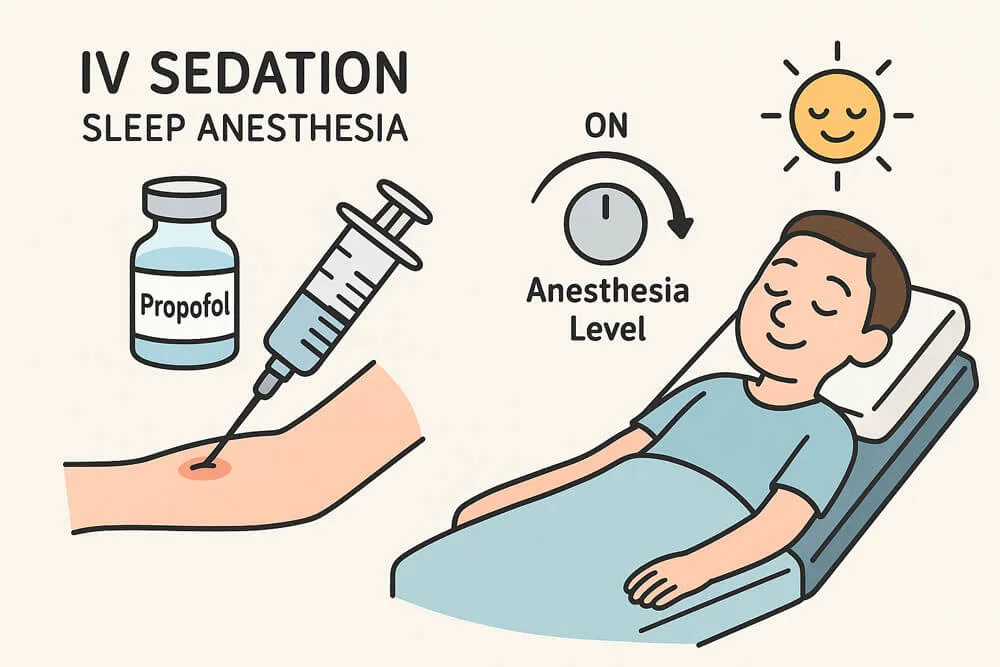
What Is Sleep Anesthesia?
At Evita Clinic, we use sleep anesthesia for most surgeries, and the medication we commonly use is propofol. Propofol is an intravenous anesthetic—often referred to as a “sleep-inducing drug”—and is commonly used under Monitored Anesthetic Care (MAC), which provides a controlled and comfortable sedation without the need for full general anesthesia.
Why We Use Propofol
Because it’s injected into the vein, it works quickly and clears from the body just as fast. It allows for rapid recovery and is well-suited for short procedures. It also makes adjusting the depth of anesthesia easier.
Additionally, our surgeon is a board-certified specialist in thoracic and cardiovascular surgery. This background provides exceptional expertise in managing vital signs and responding to critical changes during surgery. With this high level of skill, anesthesia is carefully adjusted according to each patient’s condition, ensuring both safety and comfort.
Waking Up from Anesthesia
Unlike general anesthesia, waking from sleep anesthesia usually doesn’t involve extreme pain or confusion. Most patients feel calm and relaxed. Properly administered sleep anesthesia significantly reduces side effects.
In some procedures, such as tummy tuck (abdominoplasty) or breast reduction surgery, patients may still experience postoperative pain. For those cases, we administer a pain control injection (nerve block or local analgesic) to minimize discomfort.
Is It True That You Dream?
Some patients report vivid, even surreal dreams after waking up from propofol anesthesia—dreams they wouldn’t normally have. It’s not medically confirmed, but it’s common.
What Happens Right After Surgery?
Once the surgery ends, your vital signs (blood pressure, pulse, oxygen saturation) are checked while you’re still in the operating room. You’ll first sit up slowly. Once your condition is stable, you’ll walk with assistance to the recovery room.
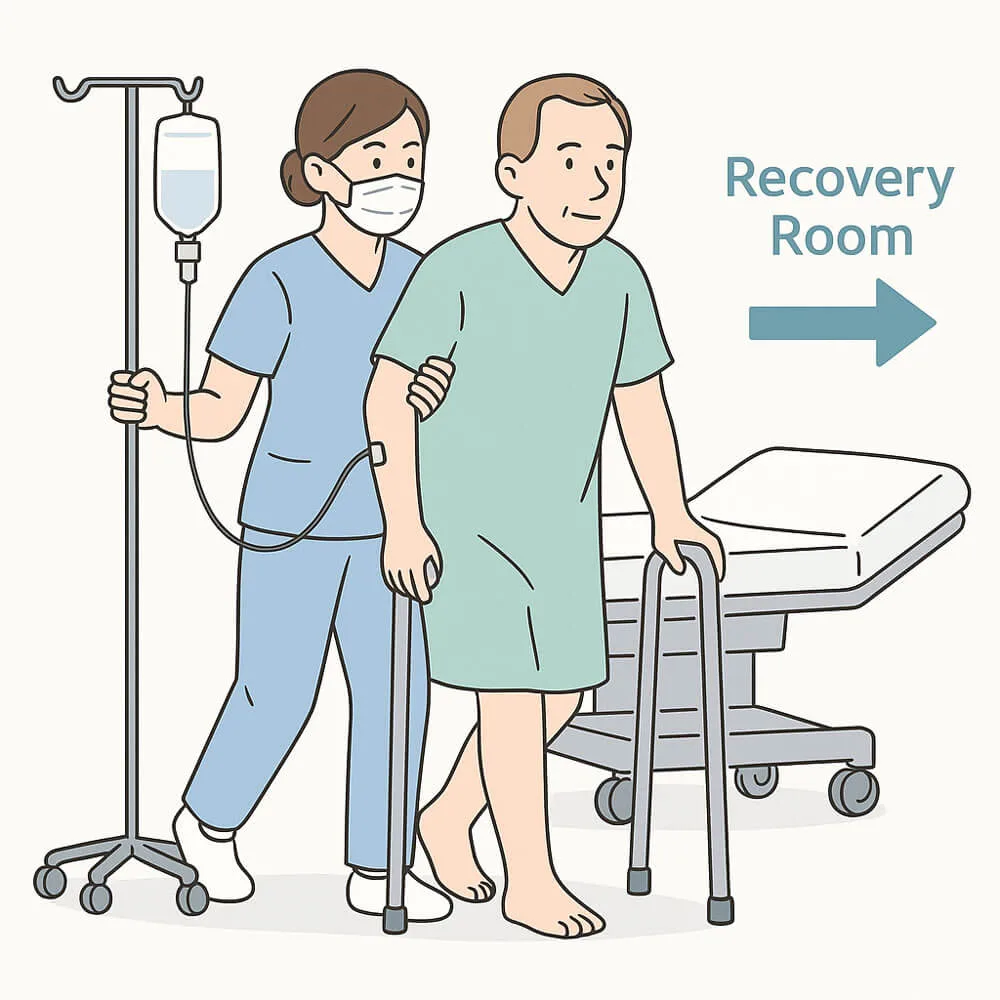
The Recovery Room Setup
At Evita Clinic, the recovery room is just a few steps from the surgery room. This proximity ensures patient safety and easy monitoring of mobility and consciousness.
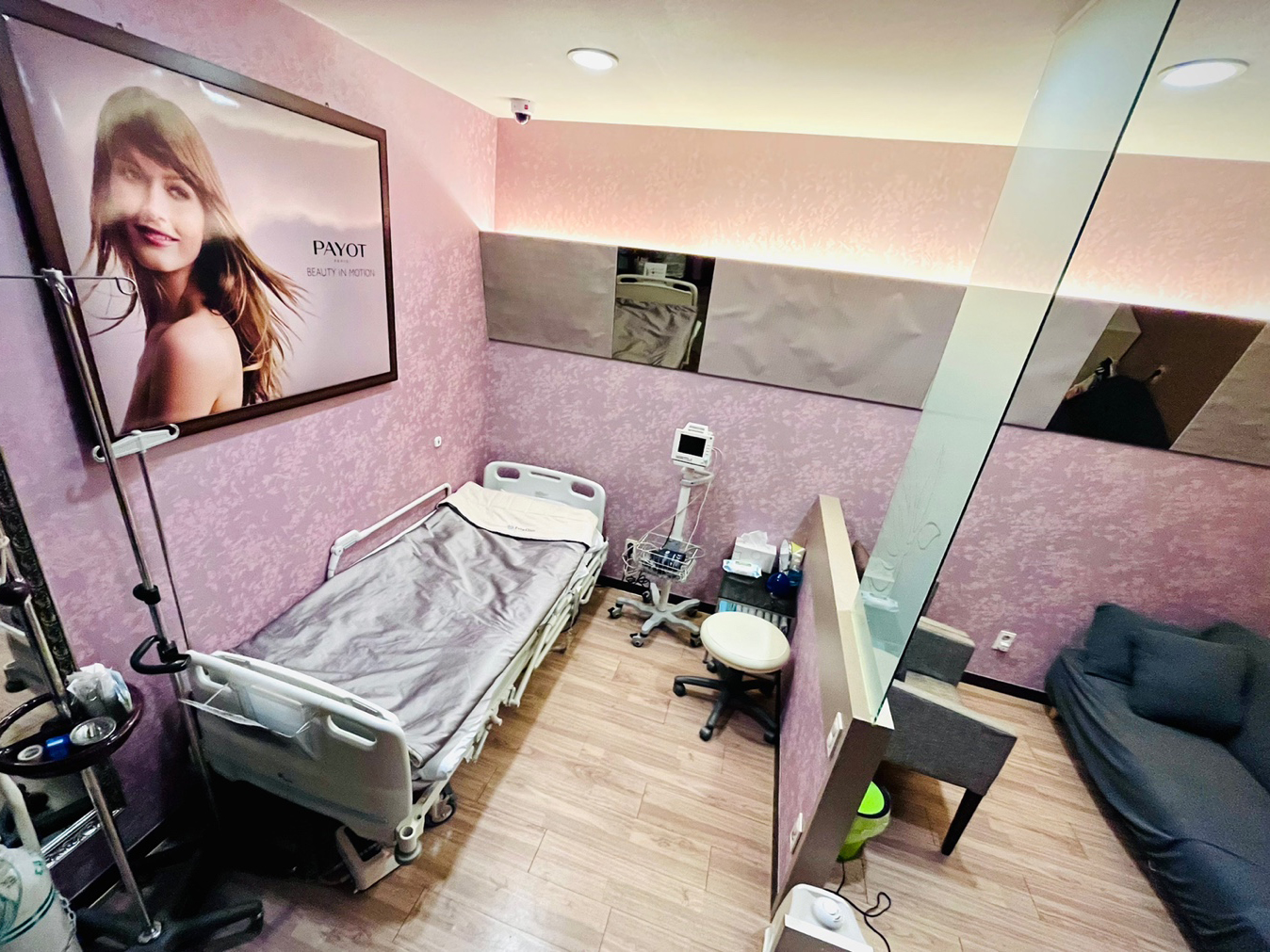
Temperature Management
Your body may feel colder than usual after anesthesia. That’s why our recovery beds are equipped with body-warming systems to bring your temperature back to normal comfortably.
Food and Water Intake
Since you fasted for surgery, you might feel hungry or thirsty. However, your digestion may still be slow. We start with a small sip of water and gradually move to soft food like soup. Once digestion is confirmed to be stable, you can eat normally at home.
Testing Mobility
Before you leave, we’ll ask you to walk around the recovery room and use the restroom. Even if you feel fine, your blood pressure can drop quickly when you stand. Gentle movement helps stabilize your body.
Avoid Driving
You should not drive yourself home after surgery. Even after three to four hours of rest, your reflexes may be delayed. Please arrange for someone else to drive you or take a taxi.
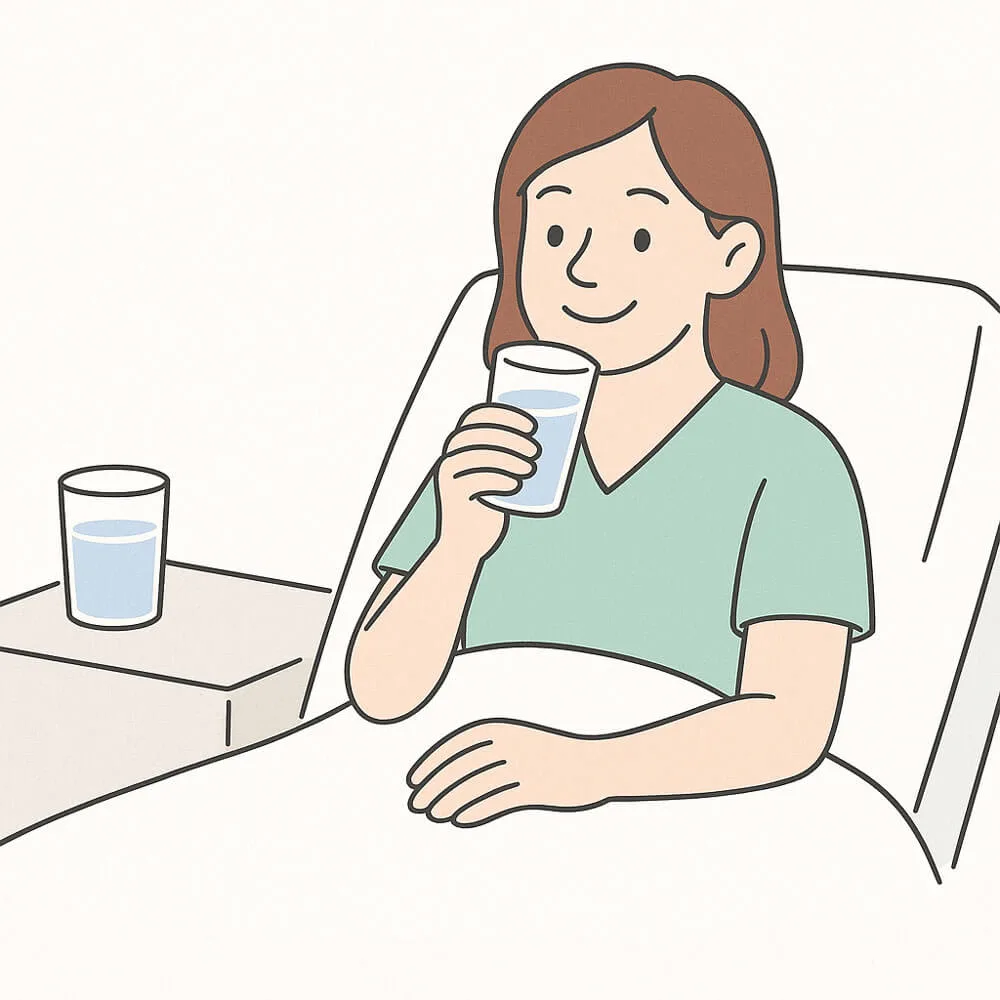
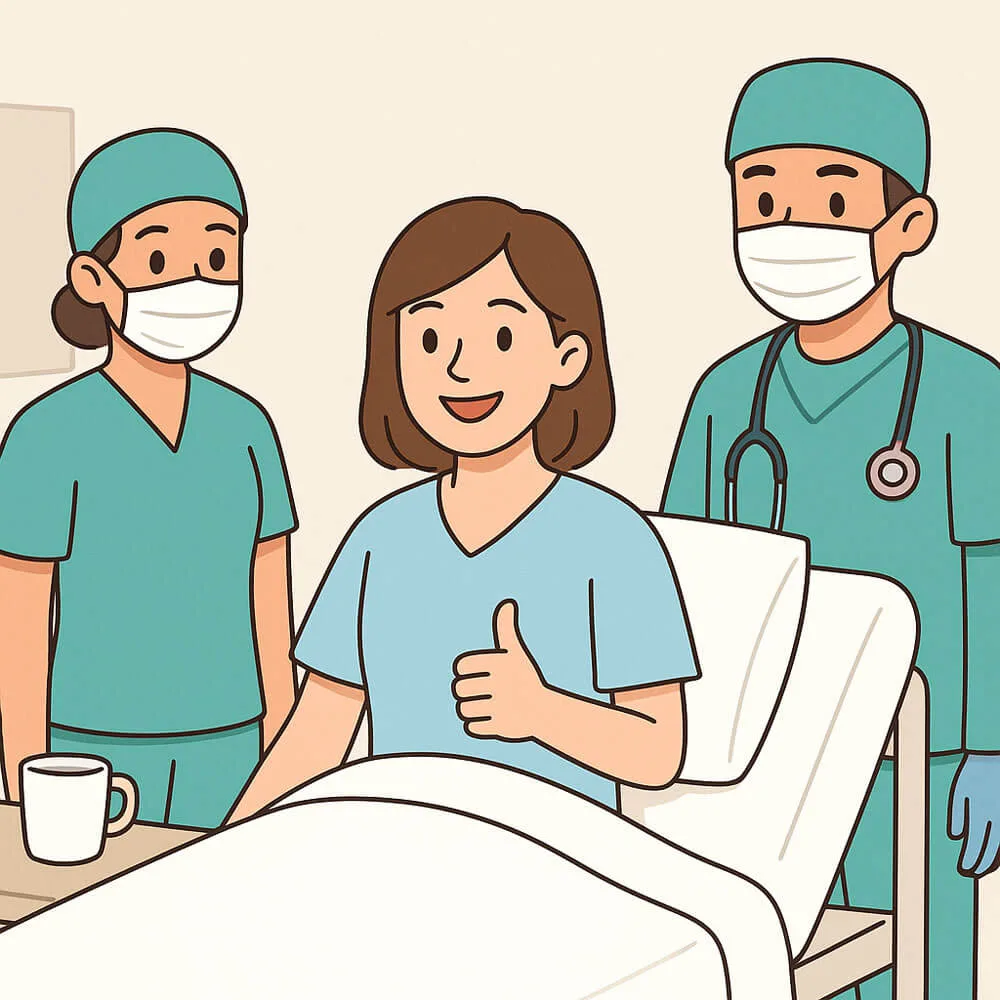
In Summary
We hope this guide has helped ease some concerns about waking up from anesthesia. At Evita Clinic, we prioritize patient safety, comfort, and recovery. Our carefully planned post-anesthesia care ensures you’ll feel supported every step of the way.
Evita Clinic – Your safety, comfort, and care, every step of the way.
